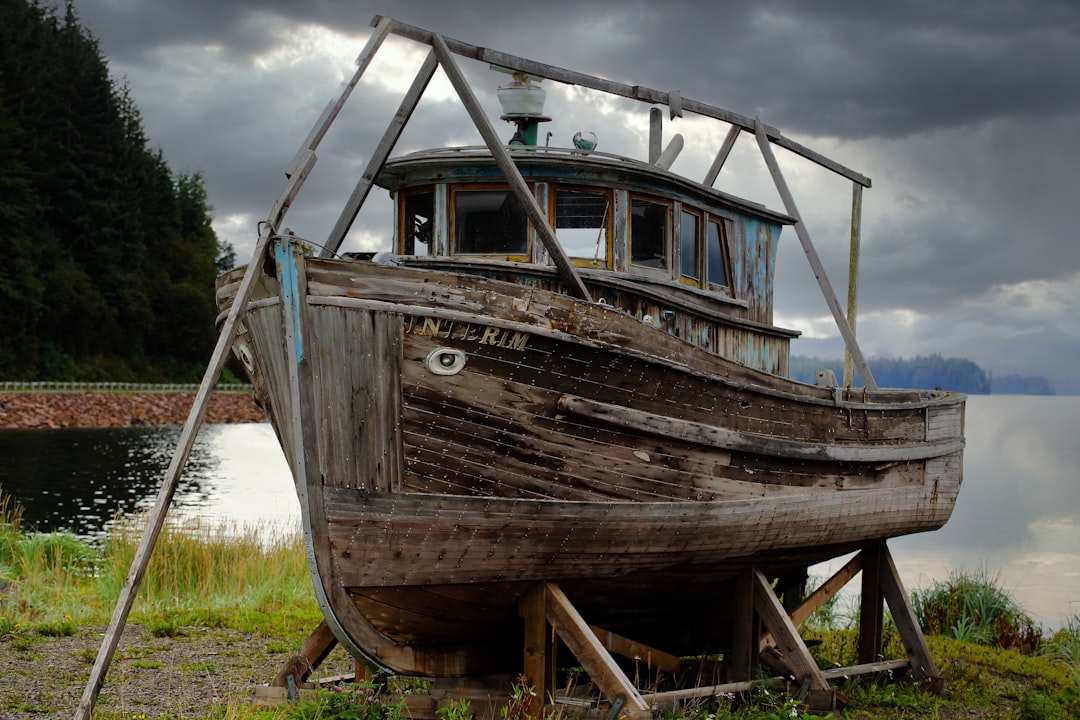Here the purpose is to investigate the origins of modern nations as such. I review how nations characterize themselves and order the past. I try to make explicit the various forms of the politics of time involved, and how they influence how we see the present and future. Then we shift to scholarly accounts of the origins of nations, which are usually connected to modernization in one form or another. I note how key ideas of these theories themselves arose in a certain time and place, one in which the origin of Ukraine was being debated: the Habsburg monarchy in the late nineteenth century. I try then to show how the emergence of Ukrainian national politics included various competing accounts of the Ukrainian past, and how these affected political choice and vision. I close with the intriguing case of the Rudnyts'kyi family, one of the most important Ukrainian families, one of whose members can take a good deal of credit for the prevalence of the idea of the civic or political national in contemporary discourse.
The lecture can be found here on video or here and here as audio.
The assigned reading for this lecture was Rudnyts'kyi, "The Role of Ukraine in Modern History" in Rudnyts’yi, Essays in Modern Ukrainian History.
Terms:
Genesis
Innocence
Ivan Ilyin
Cycles: Berlin, Vico, Hegel
Kelles-Krauz, Austro-Marxists
Gellner 1983 Nations and Nationalism
Anderson 1983 Imagined Communities
Hobsbawm and Ranger 1983 Invention of Tradition
Drahomanov
Antonowycz
Hrushevs'kyi
Populism
Social history
Ethnicity
Ethnography/anthropology
Malinowski.
Lypyns'kyi
Dontsov
Khvylovyi
Rudnyts'kyi
Habsburg monarchy
Ivan (Kedryn), Mykhailo, Anton Rudnyts'kyi
Milena Rudnyts'ka
Ivan Rudnyts'kyi
Modernization
(Somewhere around here I got in trouble for wearing the same shirt to each lecture and had to go buy some new shirts.)



References ordered..I watched the lectures when first presented..time to get my brain in the game and read the assignments...
Thanks again, TS! One of the hardest things for me to understand are the concepts of: nation/natus/narod/people. I've decided that after I've finished the next couple of books I want to read, I'm going back to the Balkan Peninsula, the Habsburg, Ottoman, and Russian Empires, Poland, and Ukraine. I have all the books for the assigned reading for this course + several on various aspects the others named above. I'll need to spend at least 2 years on these areas and how they are interconnected before I can even start to understand the meaning of "nation."